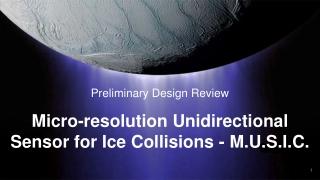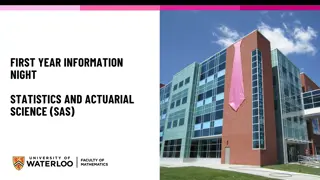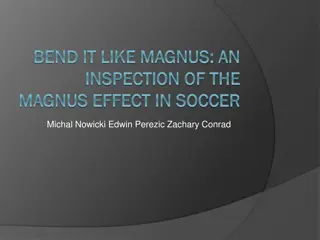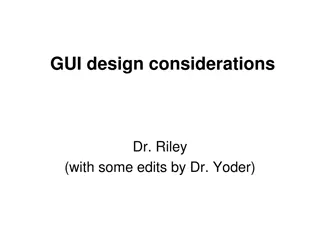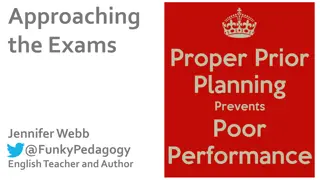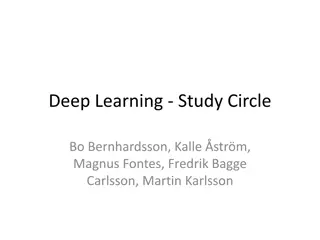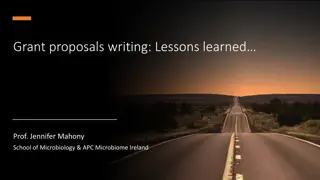
Decolonising a Physics Curriculum: Diversifying Perspectives and Histories
Explore the importance of decolonising a physics curriculum to include diverse perspectives, marginalized physicists, and challenging Eurocentric views. Learn about the impact of inclusivity on students and the field of physics. Discover practical steps towards a more inclusive and representative physics education.
Download Presentation

Please find below an Image/Link to download the presentation.
The content on the website is provided AS IS for your information and personal use only. It may not be sold, licensed, or shared on other websites without obtaining consent from the author. If you encounter any issues during the download, it is possible that the publisher has removed the file from their server.
You are allowed to download the files provided on this website for personal or commercial use, subject to the condition that they are used lawfully. All files are the property of their respective owners.
The content on the website is provided AS IS for your information and personal use only. It may not be sold, licensed, or shared on other websites without obtaining consent from the author.
E N D
Presentation Transcript
Decolonising a Physics Curriculum Presented by Jennifer Struthers and Magnus Riley
Who We Are Who we are 4th year Physics Group Project Students Project: Diversifying a Physics Curriculum: What could it look like? What we have been researching What decolonisation means to us in terms of physics Current curriculum and the people and science included in it The role of physics in colonisation and white supremacy Effect that has on current students at the university What practical steps can be made to decolonise the curriculum
Why inclusion is important? Out of 2000 physics PhDs completed in the US each year, fewer than 100 Black American Women have completed a PhD in physics or related field. [1] We have a far lower proportion of women entering physics, in the last three years intake has been 23%, 40% and 32%, although we are doing better than the UK average of 21%! [2] 16% Non-white undergraduates in the physical sciences in the UK as a whole, compared to 28.6% in Engineering and 40% in Medicine. [3] Inclusion is intrinsically good and important, it is also good for physics, by having a diverse array of viewpoints and realities we introduce new ideas to the field. [1] https://www.journals.uchicago.edu/doi/pdf/10.1086/704991 [2]https://www.ph.ed.ac.uk/equality-diversity-and-inclusion/about-us/statistics [3]https://www.hesa.ac.uk/data-and-analysis/students/what-study/characteristics
Percentage of female students in the School of Physics and Astronomy https://www.ph.ed.ac.uk/equality-diversity-and-inclusion/about-us/statistics
Percentage of non-White students in each subject area - UK Wide https://www.hesa.ac.uk/data-and-analysis/students/what-study/characteristics
Where the Curriculum Could be Improved Acknowledging the racialised and colonial context of the curriculum Contributions of marginalised physicists Participation of physicists in white supremacy, e.g. Johannes Stark Challenging the Eurocentric view of the history of physics History of science in non-Western cultures Engaging with ethical and philosophical ideas Ibn al-Haytham "The Father of Modern Optics"
Possible First Steps Education History of Science Stressing the global history of science Easy way of increasing diversity of role models Acknowledging problematic historical culture of science Societal structural discrimination mirrored in science Philosophy of Science Discussion of scientific ethics Provide students with a toolkit to analyse ethical issues in science Resources for staff; attempting to improve awareness of sensitive issues Broadening of undergraduate curriculum; looking at history and philosophy of science
Thank You If you want to get in touch with us, you can email Jennifer or Magnus at s1641504@ed.ac.uk or s1704567@ed.ac.uk

